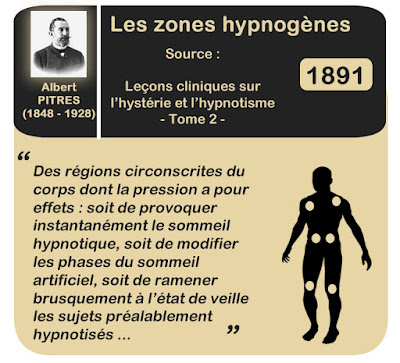Interpréter ou répondre au besoin ?
Dans le traitement clinique de tout type de patient, il convient de garder à l’esprit constamment la question la plus importante. C’est que les besoins du patient en tant que personnalité humaine devrait être une question omniprésente pour le thérapeute afin d’être reconnu à chaque manifestation.
Il ne suffit pas de poser un diagnostic correct de la maladie et de connaître la méthode de traitement appropriée. Il est tout aussi important que le patient soit réceptif à la thérapie et coopératif à son égard. Sans la pleine coopération du patient, les résultats thérapeutiques sont retardés, déformés, limités ou même empêchés.
Trop souvent, le thérapeute considère les patients comme nécessairement, logiques, compréhensifs, en pleine possession de leurs facultés, bref comme des êtres humains raisonnables et informés. Cependant, il est de notoriété publique que les patients peuvent être stupides, oublieux, absurdes, déraisonnables, illogiques, incapables d’agir avec bon sens et très souvent régis et dirigés dans leurs comportements par des émotions et par des besoins inconscients inconnus, méconnaissables et peut-être impossible à découvrir, ainsi que des forces qui sont loin d’être raisonnables, logiques ou sensés.
...
Trop souvent, ce ne sont pas les forces de la personne qui sont vitales dans la situation thérapeutique. Au contraire, les forces dominantes qui contrôlent l’ensemble de la situation peuvent provenir de faiblesses, de comportements illogiques, d’un caractère déraisonnable et d’attitudes manifestement fausses et trompeuses.
Les thérapeutes souhaitant aider leurs patients ne doivent jamais mépriser, condamner ou rejeter une partie de la conduite d’un patient simplement parce qu’elle est obstructive, déraisonnable ou même irrationnelle. Le comportement du patient fait partie du problème introduit au bureau; il constitue l'environnement personnel dans lequel la thérapie doit prendre effet; il peut constituer la force dominante dans l’ensemble de la relation patient-médecin.
...
La tâche du thérapeute ne doit pas consister à faire du prosélytisme au patient avec ses propres croyances et compréhensions. Aucun patient ne peut vraiment accéder à la compréhension de son thérapeute et n'en a pas besoin.
Ce qui est nécessaire, c'est le développement d'une situation thérapeutique permettant au patient d'utiliser sa propre pensée, sa propre compréhension, ses propres émotions de la manière qui lui convient le mieux dans son schéma de vie
--- article original --
In dealing with any type of patient clinically there is a most important consideration that should be kept constantly in mind. This is that the patient’s needs as a human personality should be an ever-present question for the therapist to ensure recognition at each manifestation. Merely to make a correct diagnosis of the illness and to know the correct method of treatment is not enough. Fully as important is that the patient be receptive ofthe therapy and cooperative in regard to it. Without the patient’s full cooperativeness therapeutic results are delayed, distorted, limited, or even prevented.
Too often the therapist regards patients as necessarily logical, understanding, in full possession of their faculties—in brief, as reasonable and informed human beings. Yet it is a matter of common knowledge often overlooked, disregarded, or rejected that patients can be silly, forgetful, absurd, unreasonable, illogical, incapable of acting with common sense, and very often governed and directed in their behavior by emotions and by unknown, unrecognizable, and perhaps undiscoverable unconscious needs and forces which are far from reasonable, logical, or sensible.
To attempt therapy upon a patient only apparently sensible, reasonable, and intelligent when that patient may actually be governed by unconscious forces and emotions neither overtly shown nor even known, to overlook the unconscious mind for possible significant information, can lead easily to failure or tounsatisfactory results.
...
Too often it is not the strengths of the person that are vital in the therapeutic situation. Rather, the dominantforces that control the entire situation may derive from weaknesses, illogical behavior, unreasonableness, and obviously false and misleading attitudes of various sorts.
if a patient’s conduct simply because it is obstructive, unreasonable, or even irrational.
Therapists wishing to help their patients should never scorn, condemn, or reject any part the patient’s behavior is a part of the problem brought into the office; it constitutes the personal environment within which the therapy must take effect; it may constitute thedominant force in the total patient-doctor relationship...
The therapist’s task should not be a proselytizing of the patient with his own beliefs and understandings. No patient can really understand the understandings of his therapist nor does he need them.
What is needed is the development of a therapeutic situation permitting the patient to use his own thinking, his own understandings, his own emotions in the way that best fits him in his scheme of life.






